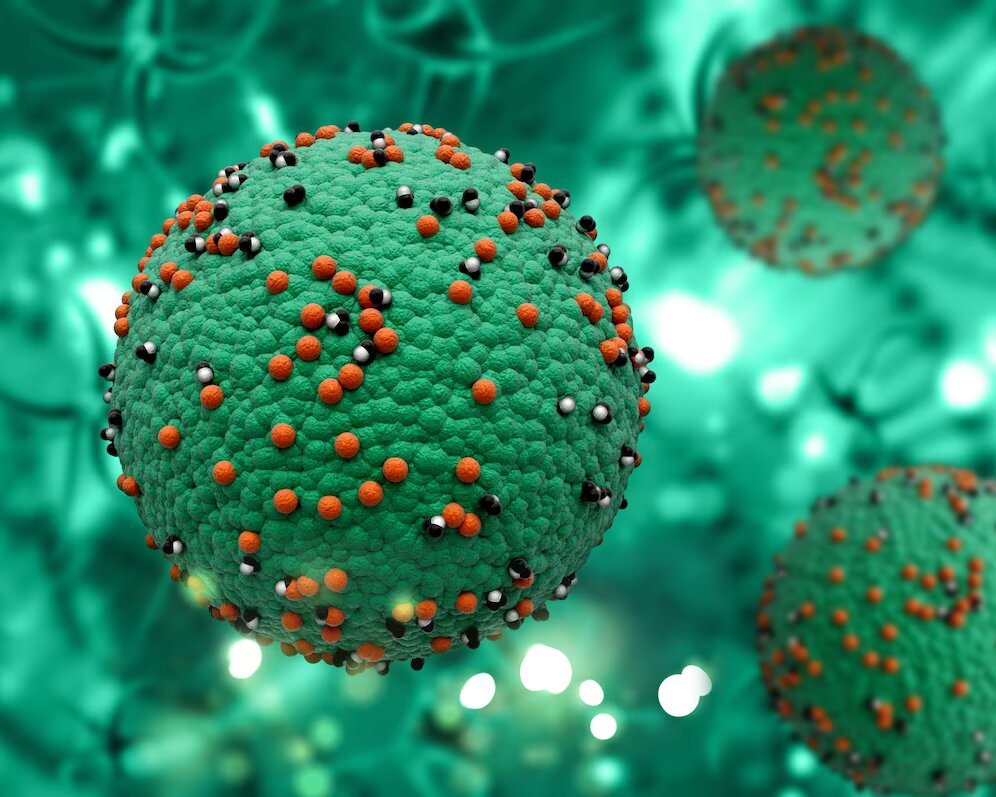Fatty liver disease is a condition that affects millions of people worldwide, with obesity and poor diet being the primary causes. The good news is that fatty liver disease can often be reversed with lifestyle changes and proper medical treatment. In this comprehensive guide, we’ll explore the most effective ways to reverse fatty liver disease and promote a healthy liver.
Dietary Changes
One of the most important ways to reverse fatty liver disease is to make changes to your diet. This includes reducing your intake of processed foods, sugary drinks, and saturated fats. Instead, focus on incorporating healthy foods into your diet, such as fruits, vegetables, whole grains, and lean protein.
Studies have shown that a Mediterranean-style diet can be particularly effective in reducing liver fat and improving liver function. This diet is rich in healthy fats, such as olive oil and nuts, and emphasizes plant-based foods and lean protein sources.
Exercise
Regular exercise is another key component of reversing fatty liver disease. Exercise helps to burn off excess fat and improve insulin sensitivity, both of which can contribute to improved liver function. Aim for at least 30 minutes of moderate exercise, such as brisk walking, cycling, or swimming, most days of the week.
Weight Loss
Losing weight is often the most effective way to reverse fatty liver disease. Even modest weight loss can have a significant impact on liver function and reduce liver fat. Aim for a weight loss of 5-10% of your body weight over 6-12 months.
There are several strategies that can help with weight loss, including reducing calorie intake, increasing physical activity, and incorporating strength training exercises. A registered dietitian or healthcare provider can help you develop a personalized weight loss plan that is safe and effective.
Medical Treatment
In some cases, medical treatment may be necessary to reverse fatty liver disease. Medications such as pioglitazone, vitamin E, and obeticholic acid have been shown to improve liver function and reduce liver fat in certain individuals.
In addition, if you have an underlying condition such as diabetes, high cholesterol, or high blood pressure, it is important to work with your healthcare provider to manage these conditions effectively. This can help improve overall liver function and reduce the risk of complications.
Lifestyle Changes
Finally, making lifestyle changes can be an effective way to reverse fatty liver disease. This includes reducing alcohol consumption, quitting smoking, and managing stress levels. These lifestyle factors can all contribute to liver damage and inflammation, so it’s important to address them as part of a comprehensive approach to reversing fatty liver disease.
In conclusion, reversing fatty liver disease is possible with a combination of dietary changes, exercise, weight loss, medical treatment, and lifestyle modifications. Making these changes can improve liver function, reduce liver fat, and promote overall health and well-being. If you suspect that you may have fatty liver disease, it’s important to speak with your healthcare provider to receive an accurate diagnosis and develop a personalized treatment plan.










